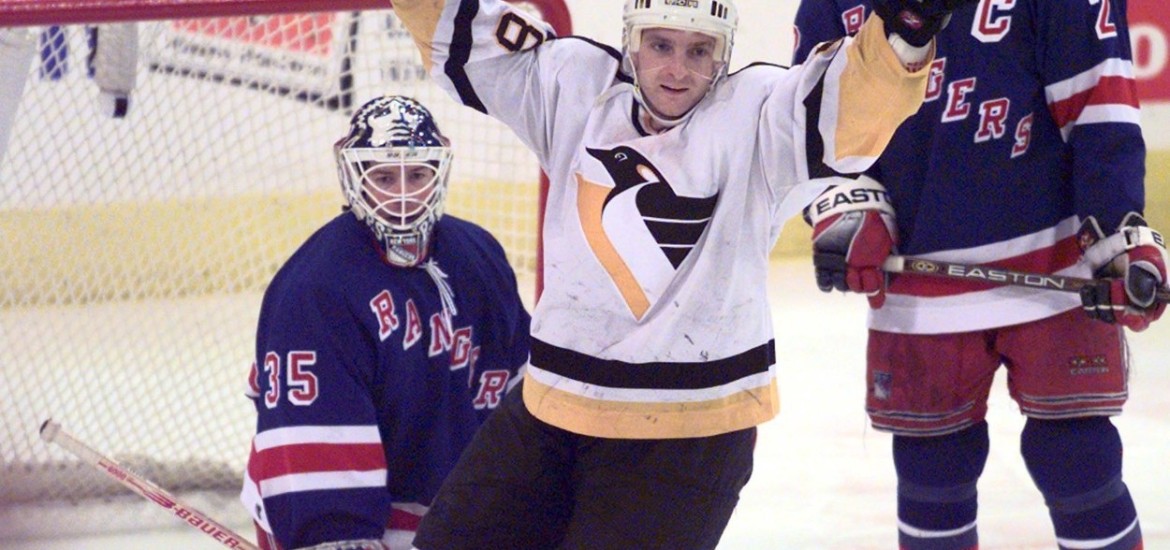In the first series of articles I would like to address the Ice Hockey World Championship, which is ongoing right now. Specifically, to how alike, to my mind, are sport and organisation games with equally team-like nature. Probably, one will consider the burden of HR management not so tiring (heavy) if we look at it from another perspective. The text is written in English, which is not my native language. I apologize beforehand if native English speakers will find some mistakes. I used English because my consultant was Jan Hrdina – a great person and athlete, well-known Czech hockey player, who played for many years in NHL. My knowledge of Czech language and his knowledge of Russian were not sufficient to be able to work together ))). Thank you, Jan, for your participation and my inspiration ))!
Business activities of any organisation are close to such type of human activities as sports. Both in sports and in business the most important are achievements and success. The main objective of any professional athlete is to be the first, while his/her achievements are measured according to well-defined scale, starting from sub master sportsperson to the World or Olympic Games champion. For business it is equally important to continuously measure the level of success of any specific organisation in comparison with the others. Level achieved by an enterprise is demonstrated not with cups or medals but with market share, turnover and profit, number of regular clients and staff competence. Sports Olympics and competitions are substituted by turnover and profit ratings for companies operating in similar business areas, and high achievements in sports, like World champion title, — by entries in Guinness Book of World Records dedicated to owners of the largest companies and fortunes.
As in sports, business development takes place under conditions of tough competition, according to the rules and standards of business ethics. Sports teams and enterprises are equally possessive to achievements of each other since quite often the triumph of the one means that opportunities for others disappear. The same intensity is applied to studying the peculiarities of competitors, methods of their operation, their strengths and weaknesses, expectations and decisions.
Many people try themselves in business, as well as in sports, — at the start, in mass and backyard competitions. However, much less people become professionals in sports, and only a few end up in the list of the top successful companies.
Today many managers gradually come to accept that a key element in management are people, and without establishing a well-coordinated team it becomes virtually impossible.
The difference between “individual” and “team” sports is essential for arrangement of the training process and the technology of psychological training for athletes. For organisations, in their operation, it is quite difficult to decide on “single-player game” of individual employee. Here “team interaction” of all staff members is more significant and effective.
This has imposed the decision to draw a parallel between human resources (HR) management and ice hockey, as the work of staff is equivalent to team sports. Both in staff team and in hockey team management rivalry, excitement and strict game rules are there continuously and everywhere. More about HR Hockey

